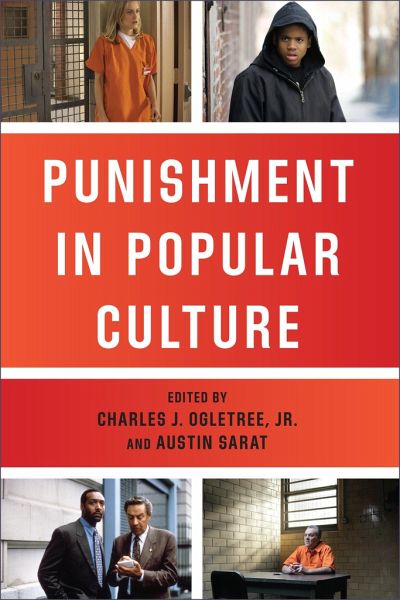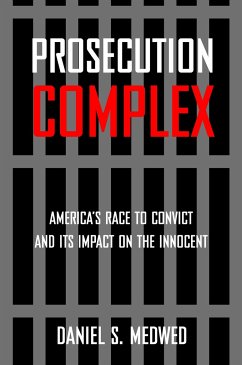
Punishment in Popular Culture

PAYBACK Punkte
20 °P sammeln!
The way a society punishes demonstrates its commitment to standards of judgment and justice, its distinctive views of blame and responsibility, and its particular way of responding to evil. Punishment in Popular Culture examines the cultural presuppositions that undergird America's distinctive approach to punishment and analyzes punishment as a set of images, a spectacle of condemnation. It recognizes that the semiotics of punishment is all around us, not just in the architecture of the prison, or the speech made by a judge as she sends someone to the penal colony, but in both "high" and "popu...
The way a society punishes demonstrates its commitment to standards of judgment and justice, its distinctive views of blame and responsibility, and its particular way of responding to evil. Punishment in Popular Culture examines the cultural presuppositions that undergird America's distinctive approach to punishment and analyzes punishment as a set of images, a spectacle of condemnation. It recognizes that the semiotics of punishment is all around us, not just in the architecture of the prison, or the speech made by a judge as she sends someone to the penal colony, but in both "high" and "popular" culture iconography, in novels, television, and film. This book brings together distinguished scholars of punishment and experts in media studies in an unusual juxtaposition of disciplines and perspectives. Americans continue to lock up more people for longer periods of time than most other nations, to use the death penalty, and to racialize punishment in remarkable ways. How are these facts of American penal life reflected in the portraits of punishment that Americans regularly encounter on television and in film? What are the conventions of genre which help to familiarize those portraits and connect them to broader political and cultural themes? Do television and film help to undermine punishment's moral claims? And how are developments in the boarder political economy reflected in the ways punishment appears in mass culture? Finally, how are images of punishment received by their audiences? It is to these questions that Punishment in Popular Culture is addressed.













